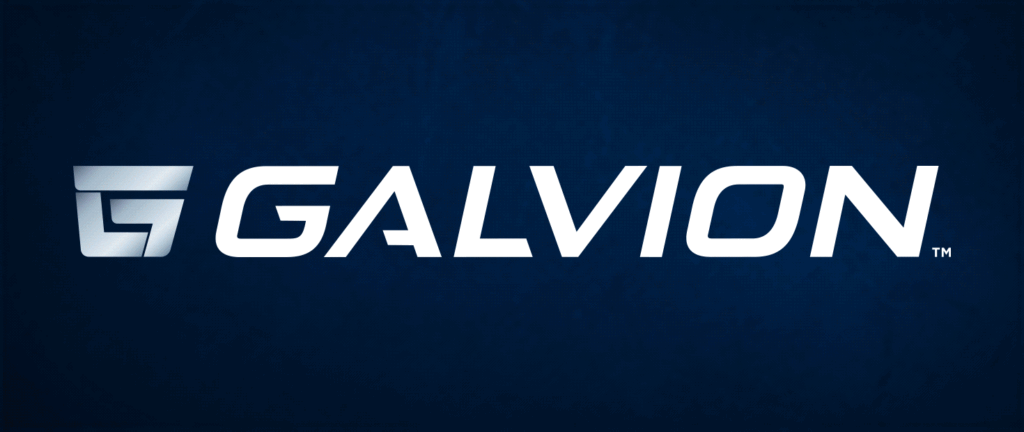
According to Bloomberg, the Trump administration has eased certain export license requirements for selling EDA software to China. As part of a trade agreement finalized last week, the U.S. agreed to permit shipments of chip design tools, ethane, and jet engines—on the condition that Beijing honors its commitment to expedite approvals for critical mineral exports, the report notes.
As Bloomberg points out, the U.S. Commerce Department notified Siemens AG that it no longer needs to obtain government licenses to conduct business in China, according to a statement from the company.
Reuters also reports that Synopsys and Cadence Design Systems are restoring access to their software and technology for customers in China. A letter from Synopsys to employees, seen by Reuters, stated that the company expects to complete system updates and fully resume support for Chinese clients within three business days.
The global EDA market is dominated by U.S. and European companies. According to TrendForce, as of 2024, Synopsys, Cadence, and Siemens held 31%, 30%, and 13% of the market share, respectively.
In late May, the top three EDA giants were reportedly told to halt software sales to China without a license. As Reuters notes, long-term restrictions on Chinese access to EDA software would have significantly hindered the development of China’s chip design industry.
Meanwhile, according to Commercial Times, while China has domestic EDA firms such as Empyrean, Primarius, and Semitronix, they continue to lag behind—particularly in advanced gate-all-around (GAA) design tools. EE Times adds that in December 2024, the U.S. placed Empyrean Technology on the Entity List, potentially cutting off its access to critical technologies and components.
Read more
(Photo credit: Synopsys)
Please note that this article cites information from Bloomberg, Reuters, Synopsys, Commercial Times, and EE Times.









